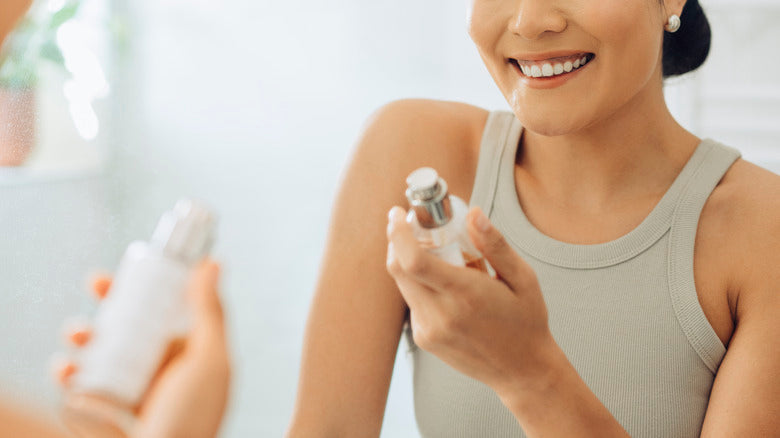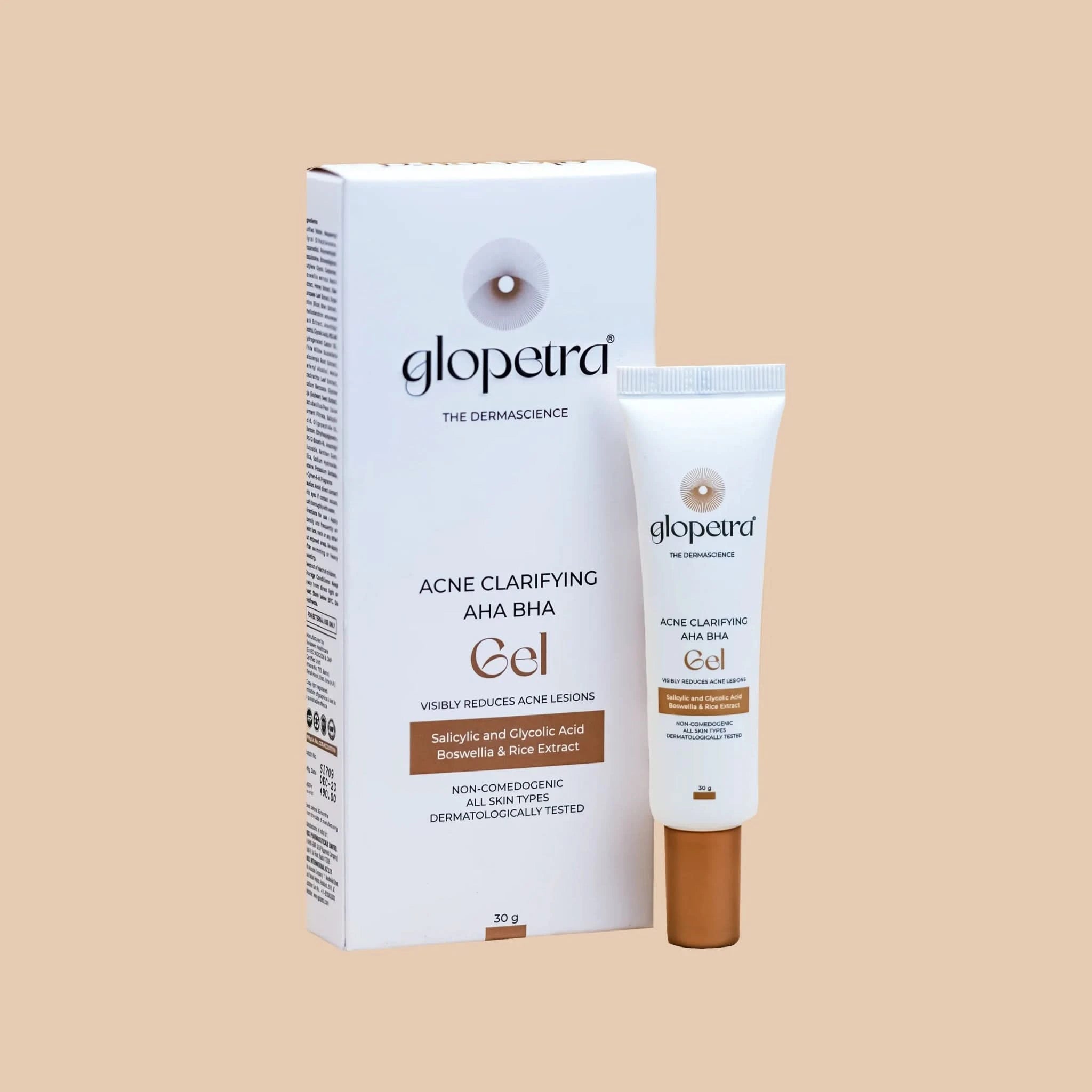
Understanding Retinol and How to Incorporate It into Your Skincare Routine
Does your skin look unattractive due to the presence of acne?
Do u feel unconfident because of acne scars and dark spots?
Want a reliable skincare ingredient that can help you with acne?
Need a skincare product that can address issues related to acne?
You have reached the right place, where you will get to know about an active ingredient that can address different skin concerns. We are talking about “retinol”, a powerful and popular ingredient in skincare that can address skin concerns from anti-aging to acne. If you introduce retinol into your skin care routine carefully, it can address various issues and minimize side effects. Let’s know every single detail for “Understanding Retinol and How to Incorporate It into Your Skincare Routine”. Let’s start!
Understanding Retinol
Retinol is a derivative of vitamin A, which is an active ingredient and works by revving the skin cell turnover by shedding off the damaged skin cells and boosting the growth of the new and healthy skin cells. If you want radiant skin with firmness and elasticity, then adding retinol to your skincare routine works the best. Retinol can neutralize free radicals and boost collagen production. With the increase in collagen production, skin looks firm and elastic.
For what skin concerns can retinol work well?
For different skin concerns, including aging, acne, hyperpigmentation, and many more, retinol can work well. You can consider retinol for different benefits in your skin care routine, including:
Anti-aging products or ingredients are required for a smoother and youthful appearance. Retinol is the ingredient that can boost collagen production, which can reduce the appearance of fine lines and wrinkles. This ingredient can be beneficial to improve the elasticity of the skin and result in a smoother and fresher appearance of the skin.
Treatment of stubborn acne is crucial to make your skin look clear and glowing. Retinol can help prevent the growth of dead skin cells and oils in the skin. Excessive oil production and dead skin cells can lead to acne that results in blackheads, whiteheads, and pimples. Retinol has anti-inflammatory properties that help reduce redness and irritation caused due to breakouts.
Hyperpigmentation is a skin issue that results in dark spots that can lower your confidence. The active ingredient, retinol, can reduce the appearance of dark spots and shed dead skin cells and boost collagen production, and inhibit melanin production.
Retinol can promote exfoliation and new cell growth that lead to a softer and fresher feel of the skin. This ingredient can result in improved skin texture. It makes the large pores look less noticeable and increases skin cell turnover.
How to Incorporate Retinol into Your Skincare Routine | Especially for Beginners
Incorporating retinol into a skincare routine should be a slow approach. It requires a gradual approach that allows your skin to adjust to this ingredient and minimize irritation. We have brought the guide for “How to Incorporate Retinol into Your Skincare Routine | Especially for Beginners”.

Begin at a lower level and proceed gradually:
When you start to use retinol in your skincare routine, you need to begin with a lower concentration. If you use a lower concentration, it becomes easier for your skin to reduce the chances of irritation to your skin. If your skin tolerates concentration with regular use, then you can increase the concentration in your skincare routine.
- In the first few weeks, it is crucial to apply retinol once or twice a week in the evening. If your skin adapts to the routine, you can increase the use of retinol (at night also).
- Retinol can make your skin sensitive to sunlight, which can result in less effectiveness. You need to apply the retinol in your evening skincare routine.
- Use a small amount of retinol on your face, and need to avoid the areas, including eyes, mouth, and nose.
- Apply retinol on cleansed and dry skin for increased effectiveness. If you apply retinol to wet skin, it can lead to irritation of your skin.
- Moisturizing your skin is required, as retinol can cause dryness. To reduce dryness, one should use a moisturizer that is non-comedogenic and can offer hydration to the skin. For sensitive skin, it can be useful if you mix retinol with moisturizer to soften its effects.
- Sunscreen is required for healthy skin to protect against the sun. Use a broad-spectrum sunscreen with SPF 30 that can protect your skin against sun damage and prevent hyperpigmentation. Retinol can make your skin sensitive, so use a sunscreen to protect your skin.
NOTE: You need to be patient and consistent if you need effective results.
How do I know if Retinol suits my skin or not?
If you notice effective results from a few weeks of using retinol, it means retinol suits your skin. But if you notice some side effects, including dryness, flaking, peeling, redness, irritation, or sun’s increased sensitivity, it means retinol doesn’t suit your skin well.
What can I do to minimize side effects?
- You can minimize dryness or flaking with an ideal moisturizer.
- For redness and irritation, a gentle cleanser can work well.
- If your skin feels more sun-sensitive, then you need to use a sunscreen every day, even on cloudy days.
- For the breakout of pimples, you need to be patient and continue your routine.
- Proper hydration can be beneficial.
What do I need to avoid while using retinol?
If you are using retinol, then some crucial things you need to avoid are:
- Harsh physical exfoliants
- Strong chemical exfoliants, including AHAs and BHAs.
- Waxing or laser treatments are recommended to avoid.
- High doses of vitamin C.
When do I need to consult a Dermatologist?
- Consulting a dermatologist is crucial if you experience the following symptoms, including:
- Severe irritation, redness, or burning in the skin.
- Acne or skin conditions worsen and do not improve with time.
- Pregnant women are usually not recommended to use retinol as it can lead to some serious risks.
Understanding retinol, its working, and incorporating it into your skincare routine can help you reduce the side effects of this ingredient. It is a powerful ingredient that can be used in the skincare routine, then it can help to achieve healthy and radiant skin.
If you want the perfect skincare products with the essential ingredient, retinol, you can visit Glopetra for the products that work well in your skin and need to be in your skincare routine.










